The knee can take on a good deal of physical stress. So, over time, it can begin to degenerate and hurt. In order to understand how this happens, you have to learn a little bit about knee anatomy. Indeed, the knee is considered a complicated joint as it features a complex design.
A Basic Knee Anatomy Review
For example, the knee is linked to the femur, which is another name for the thigh bone, as well as the tibia or shin bone. The bones that make up the knee joint are smaller and run alongside the kneecap and shin. Cartilages and ligaments support the bones in the knee to provide extra stability.
How Some of the Parts Work
The anterior cruciate ligament (ACL) and posterior cruciate ligament (PCL) are the two parts of the knee bone that stabilise the thigh bone so that it does not shift back and forth on the shin bone. The lateral collateral ligaments (LCLs) and medial collateral ligaments (MCLs) maintain the femur by keeping it from gliding from one side to the next.
The Absorption of Shock
The medial and lateral menisci are C-shaped in appearance and are cartilage. The cartilage is designed to absorb the shock that runs between the thigh bone and tibia. So, when you look at the overall dynamics of the knee joint, you can see why knee injury treatment in Singapore is regularly practiced in the medical field.
Why Knees End up Hurting
Whilst a doctor can give you a number of reasons why a knee may hurt, the most frequent causes are attributed to the following:
- Arthritis and degeneration caused by the aging process
- A knee injury or damage
- Overuse of the knee because of exercise or a sports activity
A Knee Injury Can Affect You When You Are Older
Because athletes must perform several feats during sports play, the knee can receive a good deal of abuse. In turn, it constantly stretches or bends in order to meet certain physical demands. After a while, a patient begins to feel intense pain and discomfort. Even if you experience a knee injury when you are young, you can still suffer from the impact when you are older.
Knee Pain Symptoms
Because the knee is comprised of cartilage, tendons, ligaments, and bone, the symptoms associated with knee pain often affect all of the listed components. Patients often experience inflammation or pain when pressure is applied as well as discomfort when running, climbing stairs, or walking.
When You Should Go to the Emergency Room
Should you experience a fever or if the knee is warm to the touch and red, you need to visit an emergency room immediately. Seeing a doctor right away is also advised if your knee pain is unbearable or you have a hard time ambulating.
Some of the Therapies
Once you schedule an appointment with a physician, you will find that knee therapies and treatments are offered for various areas of the knee. For example, some of the treatments include knee arthroscopy, meniscus repair, and viscosupplementation, which is a joint lubrication injection. Patients also benefit from such innovative therapies as platelet-rich plasma (PRP) injections.


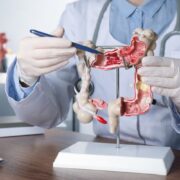

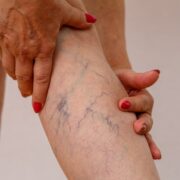






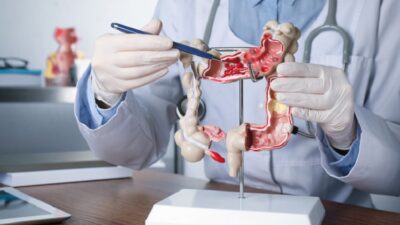

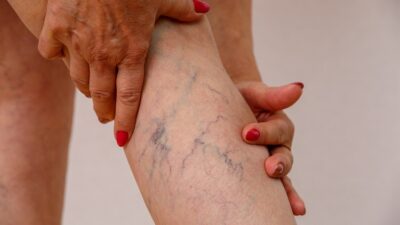
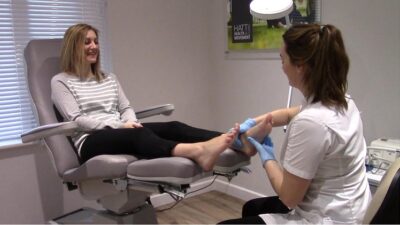

Comments